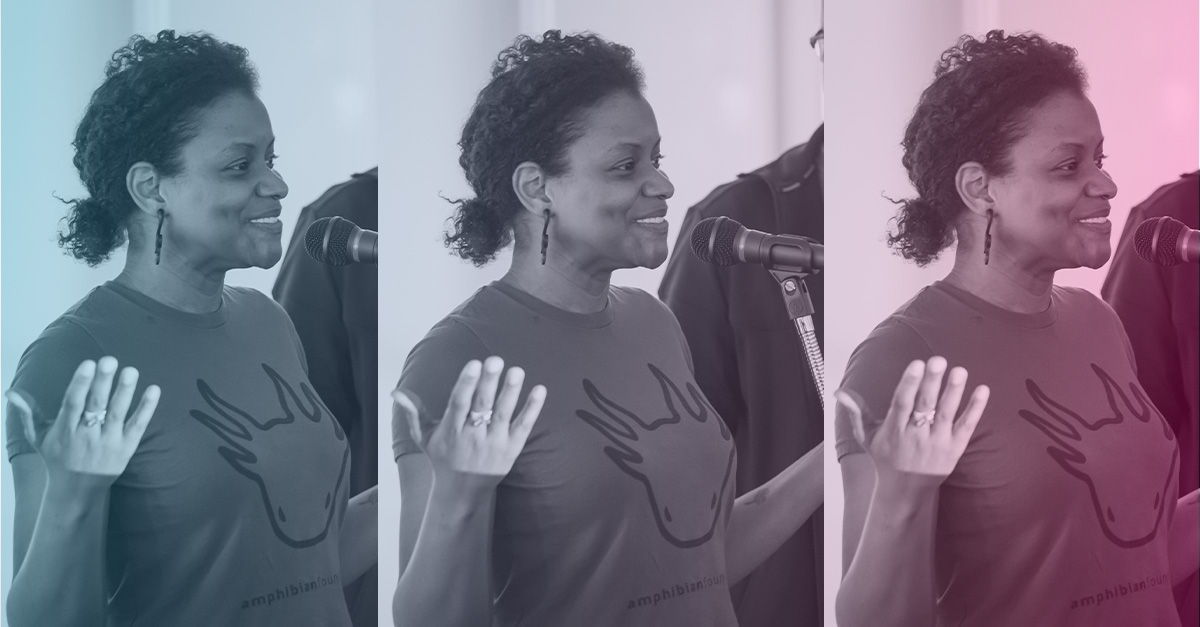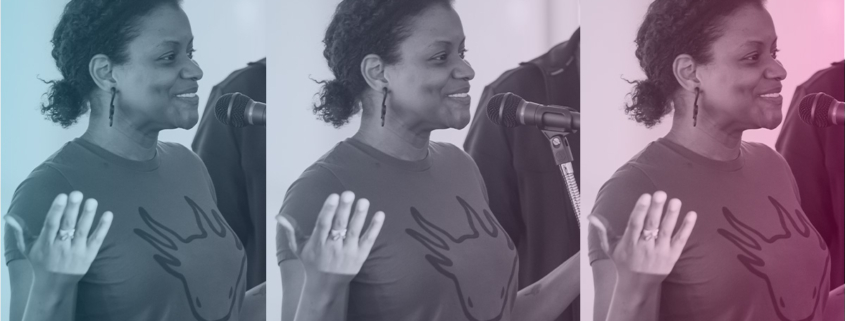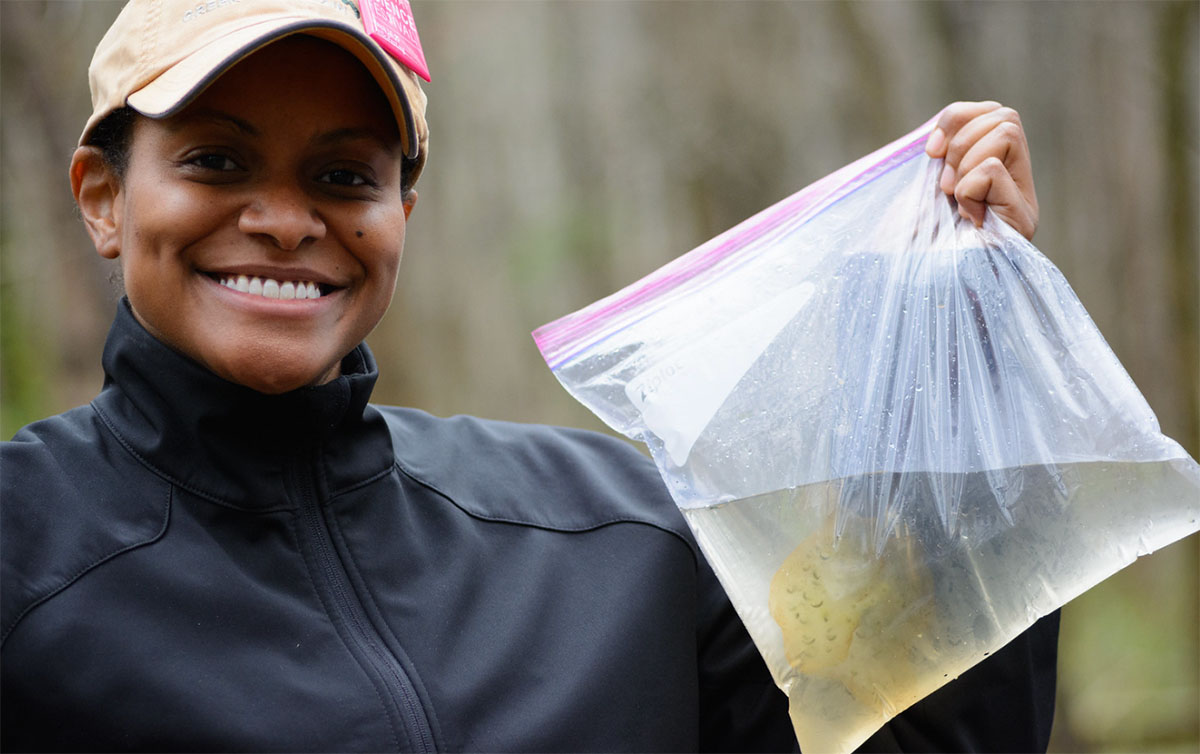Up Close and Personal with The Amphibian Foundation

Amphibians are secretive little critters. They like to hide in the comfortable corners of woodlands, marshes, and swamps. When you go on a walk in the woods, you might find an amphibian burrowed under a log or tucked into the corner of a stream. We don’t see amphibians all the time, so sometimes it is easy to forget they are there. Yet their presence is insurmountably important. Amphibians are crucial for the control of bug populations. They also provide a valuable food resource for creatures such as birds and snakes. Without amphibians, certain ecosystems become vulnerable to collapse.
I sat down with Crystal Mandica, the Director of Education at the Amphibian Foundation, to learn more about these enigmatic creatures and her work connecting the public to them. “It’s so important,” Crystal says, “To teach everyone, from the really little kids all the way to adults, about amphibians.” Especially since, as Crystal explained, more and more species of amphibians are going extinct. In Georgia alone, there are 7,000 species of amphibians. 2,500 of those are on the edge of extinction or are already extinct. They are losing their habitats to clearcutting of forests and suffering from nasty, suffocating diseases, like the creepy chytrid fungus. Education is critical because a lot of people don’t realize how many amphibian species are in danger. It is important to learn how we can help before it is too late.
Amphibian Conservation and Education
Have you ever seen a frosted flatwoods salamander? This little creature has lost 98% of its natural habitat. At the Amphibian Foundation, there are special, safe areas where the salamanders have plenty of room to live and grow. Once the adults lay eggs, those eggs are brought back to the wild to help repopulate the species. It can be tricky to successfully breed amphibians in captivity. But the Amphibian Foundation has found success- early this year, they announced they had successfully bred the frosted flatwoods salamander in captivity for the first time! There are eight other at-risk species at the Amphibian Foundation to learn all about too.
Crystal leads the education charge at the Amphibian Foundation. They host both informal events and formal educational opportunities throughout the year to tell the public stories of the frosted flatwoods salamander and friends and the work the Foundation is doing to preserve them.Check out one of the many classes and camps for people of all ages to learn about and appreciate amphibians.
For Crystal, reaching people of all ages is especially important. “It is good to encourage even the really little kids to learn about these creatures as early as they can, so they know they exist and can appreciate them!” She offers Critter Cafes, where small children can see and touch frogs and salamanders, and, for older kids, there are Critter Camps during the summer, where they can explore various woodland areas, flipping logs and scouting out streams. The best part of the camps, Crystal says, is “Snake Day,” which comes at the end. While some campers are initially nervous about Snake Day, after a week of learning about amphibians, campers are excited and ready to meet their slithery friends.
For adult learners, they offer the Master Herpetologist program. This program is one of the foundation’s most popular, reaching 250 students per semester. A “Junior Herpetologist” program is also in the works. If you are looking for a unique way to celebrate your birthday, The Amphibian Foundation has Critter Birthday Parties where you can have amphibian guests mingle among your friends. Crystal hopes to add more and more classes, events, and camps in the next couple of years.
Amphibians like to hide and tend to shy away from the spotlight. But now more than ever, it is important that we are aware of them. They need our help to survive. At the Amphibian Foundation, Crystal is doing the crucial work of shining the light on amphibians, through both education and conservation. Learn more about ways you can help contribute to the education and conservation efforts of the Amphibian Foundation!





